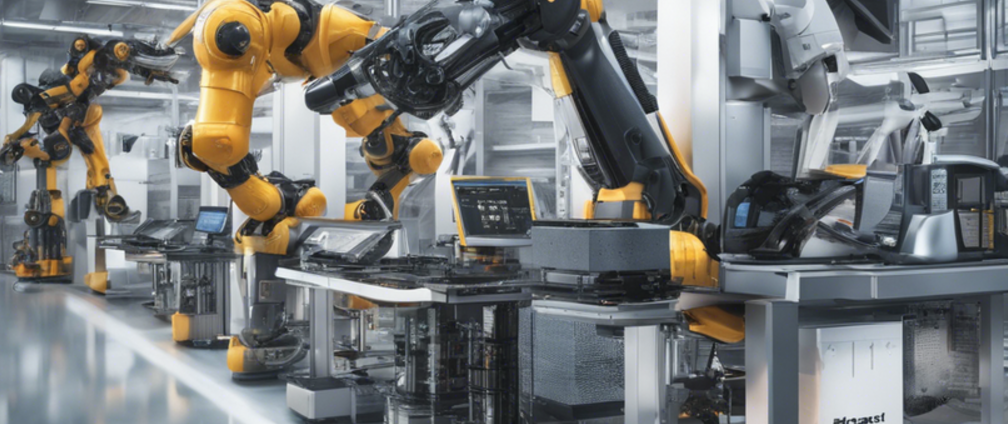The Impact of AI and Automation on Global Competition
12/2/20241 min read


Introduction to AI and Automation
In today's rapidly changing world, the integration of automation and artificial intelligence (AI) is reshaping industries across the globe. These technologies have become crucial tools for enhancing efficiency, reducing costs, and improving the quality of products and services. As businesses strive to remain competitive, the question arises: how can companies leverage automation and AI to gain an advantage in global markets?
The Need for Automation in Business
Organizations that fail to adopt automation or AI technologies risk falling behind their competitors. In a landscape where global companies are continually advancing, the ability to streamline processes and enhance productivity is essential. Automation allows businesses to decrease operational costs and minimize human error, thus providing them with a significant edge. Moreover, AI can analyze vast amounts of data, leading to informed decision-making and strategic planning that traditional methods cannot match.
Competing in a Global Market
The competitive nature of the global economy calls for companies to embrace change or face the dire consequences. Whether it’s an individual enterprise or a larger corporation, the adoption of automation and AI is no longer an option; it is a necessity. Companies that resist this transformation will likely find themselves lagging in the race for market leadership. By leveraging these technologies, businesses can not only compete but also innovate, paving the way for future growth and sustainability.
As we navigate through this digital era, the significance of AI and automation will only intensify. Organizations must recognize that to thrive, they must be willing to adapt, invest in new technologies, and reinvent their operational models. The battle for market supremacy requires a proactive approach, with automation and AI at the forefront of this evolution.
